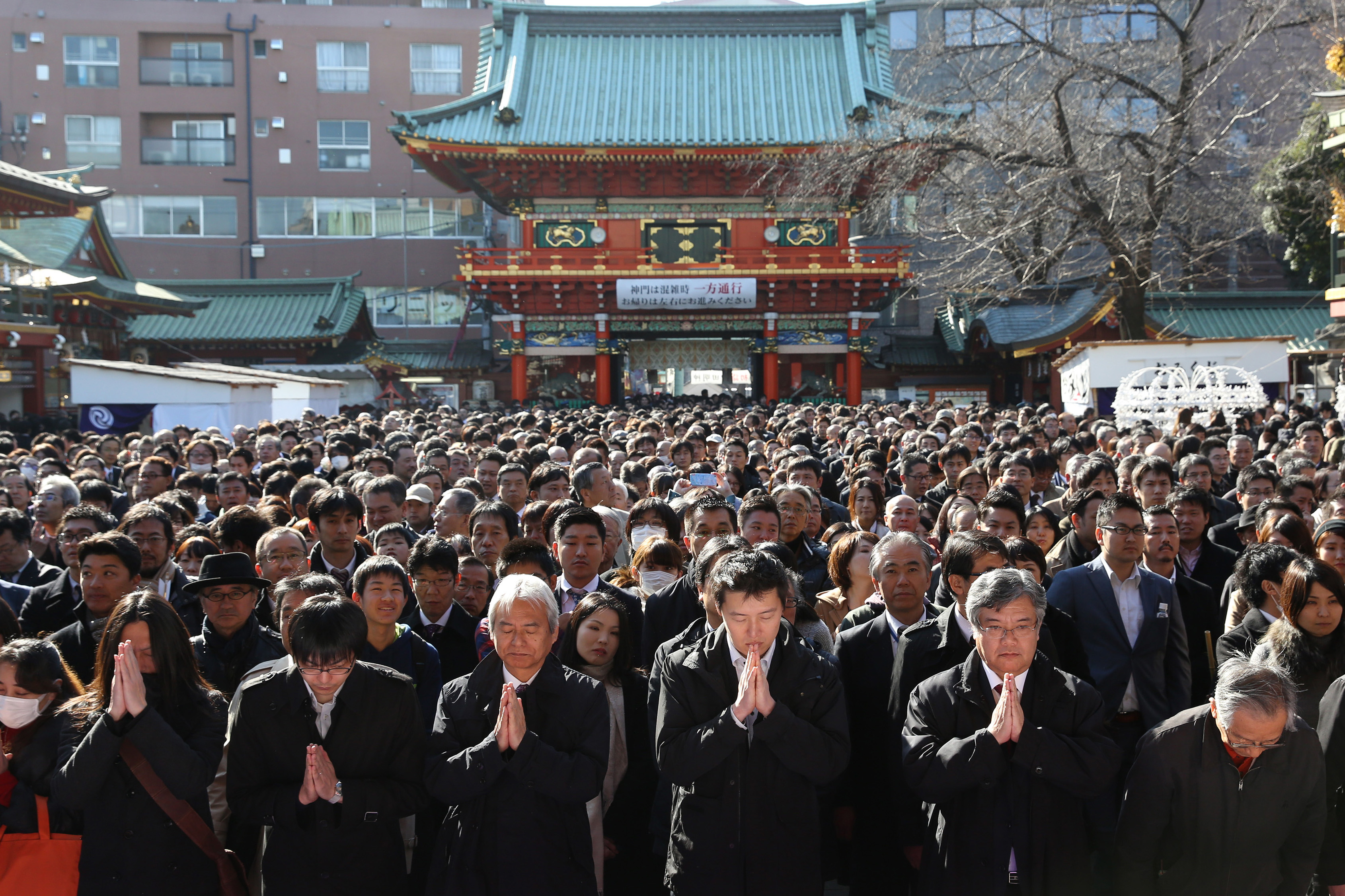The concept of work-life balance is intrinsically appealing. People are so busy with work nowadays that they can't escape, tethered as they are to their jobs by smartphones. This situation generates stress and encroaches on private time with family and friends. Weekends? What weekends?!
Thus business gurus have a receptive market to tap as they explain the virtues of striking a healthier balance between responsibilities at the office and at home. Young parents in double-income households — increasingly the norm in Japan as people try to make ends meet — are attracted to the notion that a firm benefits from valuing its employees' personal time, throwing them a lifeline as they scramble to juggle work and family, all while trying to maintain something resembling a life.
Is it possible, however, to introduce work-life balance policies in companies where a majority of workers don't take their paid holidays, often because they worry about inconveniencing colleagues? There is also a widespread expectation that employees engage in sābisu-zangyō (unpaid overtime), unable to leave work before their workaholic supervisors, and spend time after hours socializing with colleagues and clients over drinks.



